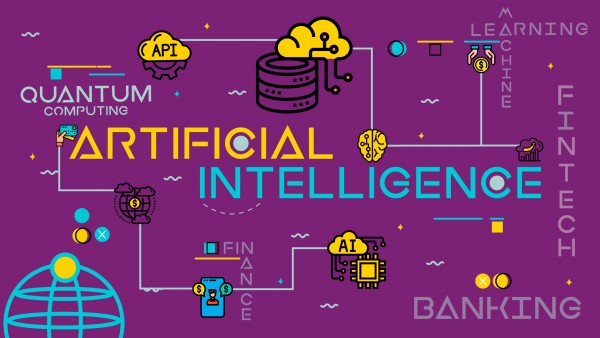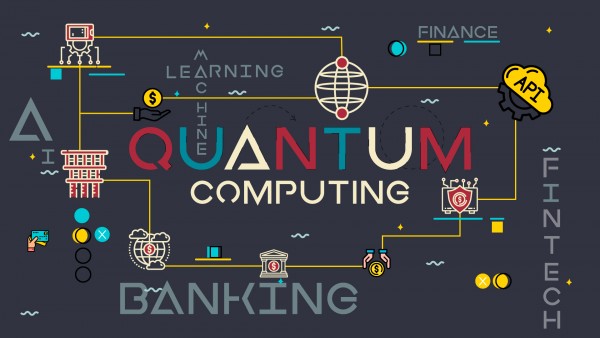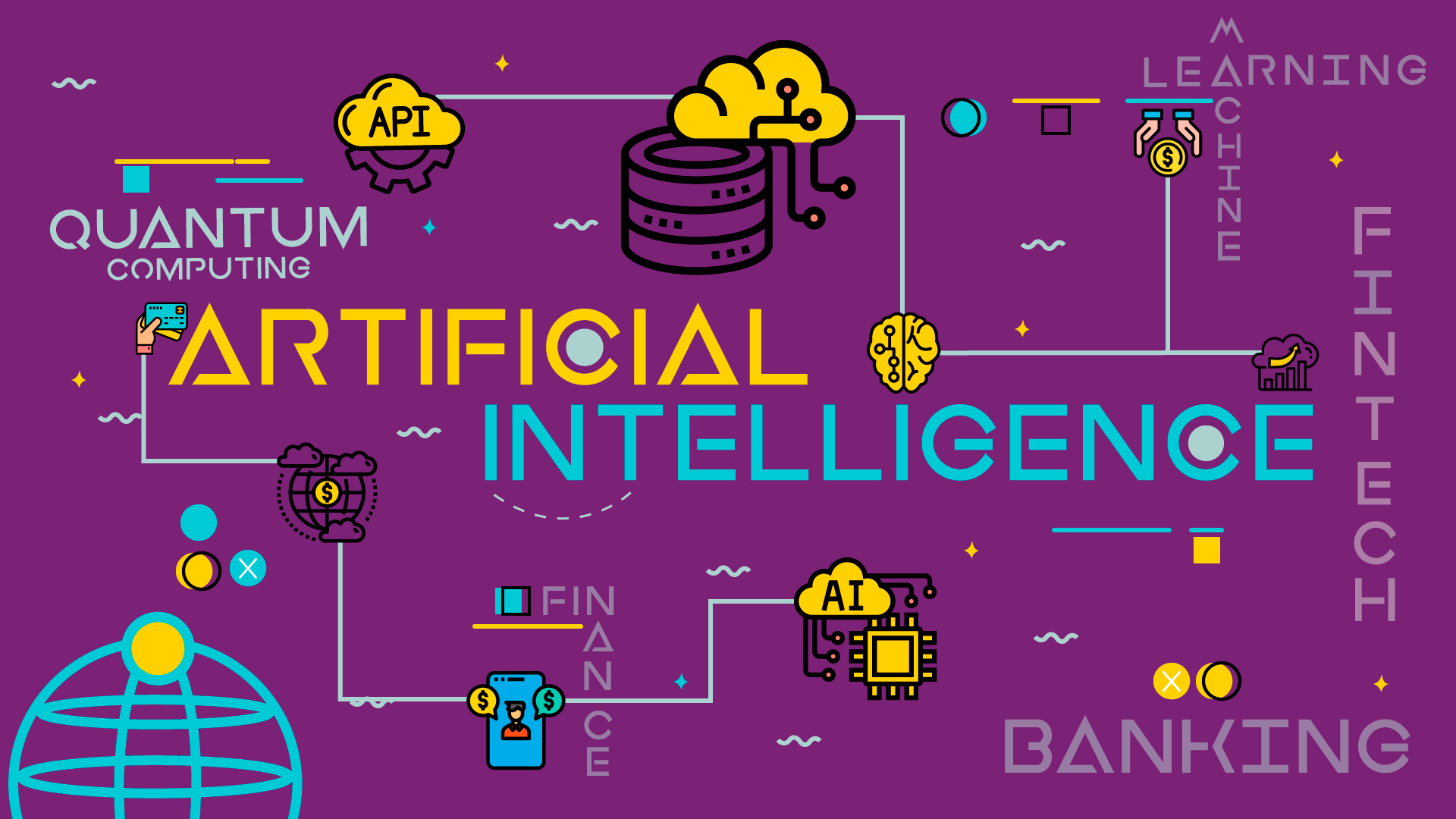If there was an industry that has benefited from AI (artificial intelligence), it has been Banking. The world of banking and the finance industry as a whole, have discovered new ways to provide greater convenience to customers in finding safer ways to save, spend, securely access funds and invest smartly.
According to Deltec Bank, Bahamas, “Working with high volumes, maintaining accurate historical records and consistently managing the quantitative nature of its ecosystem, few industries are better suited than finance for artificial intelligence initiatives.”

Fraud Detection
The “perfect storm” for data security was created when greater computing power was available for everyone, combined with everyday use of the internet by consumers and finally, with increasing amounts of valuable data being stored online.
Previous fraud detection systems in finance once depended heavily on complex and robust sets of rules. Modern fraud detection systems have had to go beyond and follow a checklist of risk factors. Add to it, these systems will need to actively learn and calibrate in advance for new potential security threats.
Machine Learning (ML) in finance for fraud was integrated using the same principles that hold true for other data security concerns. This modern integration detects unique activities or behaviors, otherwise known as “anomalies” and flags them immediately for security teams. ML’s challenge here is in avoiding false positives (situations where risk is flagged when it should not be). As AI and ML work in concert, the complexities of learning to identify and reduce fraudulent events is and will be the central core in monitoring millions of transactions every second of every day in perpetuity.

Trading using Algorithms
Though it was known as “algorithmic” trading in the 1970s, it should have been referred to as “automatic” trading systems as they had lacked any ability to effect extremely fast trading decisions as is done today using AI.
Algorithmic trading systems today will quite often make upwards of millions of trades in a single day. This came to be known as HFT or High-Frequency Trading. HFT is considered as a subset of modern algorithmic trading. Out of protection of intellectual property (IP), many financial institutions do not openly share their AI approaches to trading (understandably so), but it is known that machine learning, coupled with its subset of deep learning, play pivotal roles in calibrating trading decisions made in real-time.
Portfolio Management
A mere five years ago, if you had asked what a “robo-advisor” was in the financial landscape, you would have been met with a blank stare. In that period of time, this term has grown quite commonplace, though it is a bit misleading as it doesn’t really refer to a robot at all. Robo-advisors rather, are algorithms created to calibrate a particular portfolio in finance to the risk tolerance and goals of a specific financial consumer.
For example, the consumer will enter their goals: retirement at age 65 with $250k in savings. They will also include current age, income, and financial assets. The advisor (which could be more accurately known as an allocator perhaps) will then spread out the investments. This will occur overall asset classes and financial instruments (business intelligence systems, trading systems, etc.), in order to reach the consumer’s goals.
The use of AI in this process is that it will always calibrate to changes in the consumer’s goals in real-time to market conditions, always adjusting to their original or updated goals. Another benefit discovered is the use by millennials of AI-powered advisors as they feel less likely to validate a human advisor as the system can take care of their needs alone.
Last words
With the finance industry adopting AI, they will continue to transform, improve and provide increasingly better customer service and greater levels of value for competitive consumer products with a more personalized experience.
Disclaimer: The author of this text, Robin Trehan, has an undergraduate degree in Economics, Masters in international business and finance and an MBA in electronic business. Trehan is Senior VP at Deltec International www.deltecbank.com. The views, thoughts, and opinions expressed in this text are solely the views of the author, and not necessarily reflecting the views of Deltec International Group, its subsidiaries and/or employees.
About Deltec Bank
Headquartered in The Bahamas, Deltec is an independent financial services group that delivers bespoke solutions to meet clients’ unique needs. The Deltec group of companies includes Deltec Bank & Trust Limited, Deltec Fund Services Limited, and Deltec Investment Advisers Limited, Deltec Securities Ltd. and Long Cay Captive Management.
Media Contact
Company Name: Deltec International Group
Contact Person: Media Manager
Email: Send Email
Phone: 242 302 4100
Country: Bahamas
Website: https://www.deltecbank.com/

